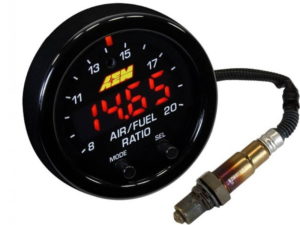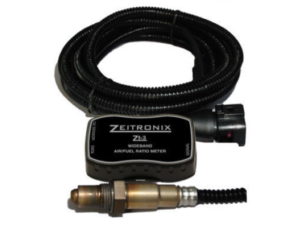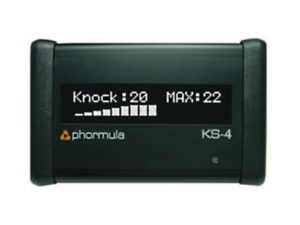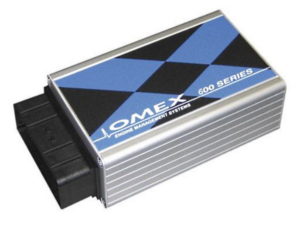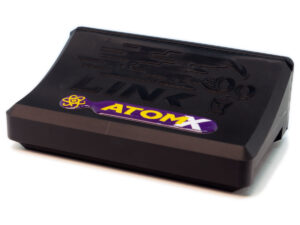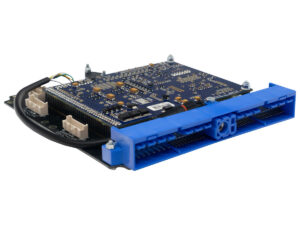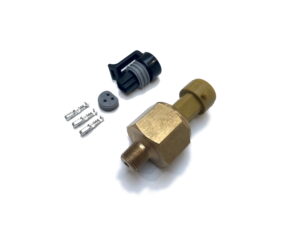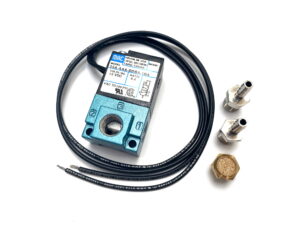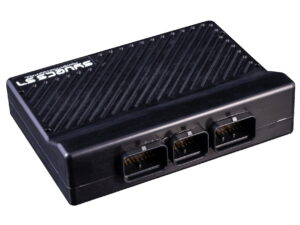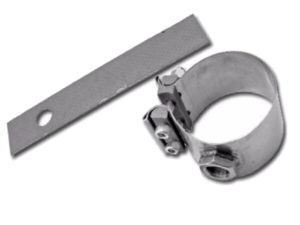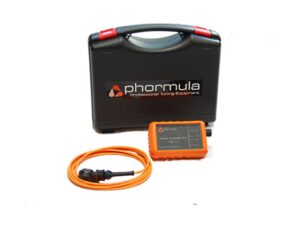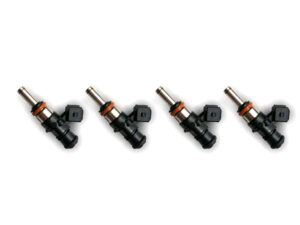IMPORTANT information for customers bringing a car to our rolling road for tuning, diagnostic or power testing.
*** DO NOT SKIP THIS! Please read on!
Tuning and other rolling road appointments are precious and usually follow several weeks of waiting, so it’s important that you do your best to comply with the following criteria. If it is not possible to comply, please let us know with plenty of advance so that we can decide if it’s likely to cause a problem or not on the day.
1) Fuel level: Yes, people really do arrive with a near empty tank. It is not acceptable. Fuel use on the day can vary wildly from job to job, but as a rule, half a tank is generally more than sufficient.
2) Fuel type: Fill with the type of fuel that you’re likely to run the engine on here on after. Typically, higher octane is beneficial in terms of performance output. We are able to tune to the safe limit on any given fuel type.
3) Tyre type: Road tyres are infinitely preferable to soft compound tyres on the rolling road. Slicks or wets tend to over heat and cause tyre slip and premature tyre wear. Normal road going tyres are best. Even Toyo R888 can be problematic, so please avoid if at all possible.
4) Ground clearance: We typically need at least 3.5″ (~90mm) of ground clearance under the driven axle, such that the car can sit in the rollers without fouling.
5) Important: Be mechanically ready! All too often folk turn up with pipes missing, spark plugs or injectors not installed or necessary wiring not made. We’re not a garage and we’re not going to do it for you. Sorry! ** The only exception to this is that we are occasionally happy to install larger injectors in to Renault Clios or Renault Meganes just prior to putting your car on to the rolling road. Please check with Chris or Laura to see if we’ll have time on the day of your appointment.
6) Make sure there are NO leaks of any kind! This includes fluids AND exhaust. If your exhaust system has a leak, it can affect our O2 readings, and generally make it a pain for us to properly extract exhaust fumes.
*** Notes specifically for customers with standalone ECUs:
1) It is VITAL that you first test your engines ability to run on your ECU. This means that you need a base map with the necessary configuration already made. Do not bring an ECU which you have not already plugged in / wired up and tested on YOUR engine. We don’t mind if it runs poorly – calibrating (tuning) will resolve that – we essentially just need it to fire in to life and run on all cylinders.
2) Is your ECU locked ? Some lesser-moraled tuners (yes, I said it) will lock the calibration on your ECU such that you (nor I) can make any alteration. If this is the case, please be sure to speak to Chris in plenty of time ahead of your appointment so that we can confirm that we have a suitable base map for your ECU should we have to reset it.
3) Know the specification of your parts: Often we have customers turning up who do not know, for example, what injectors they have fitted, or if their engine is forged, or what their engines compression ratio is, or what cams are installed. The more we know, the more accurate we can be and the better job we can do.
4) VVT – more and more we’re tasked with tuning VVT equipped engines, and almost as frequently we find that the ECU manufacturer or supplier of your base map has neglected to configure it. Often the engine will appear to run fine without it, and so you might be tempted to think it’s ready to go, but it will stop us dead in our tracks if it has not been commissioned. Please, if your engine has VVT (EG Honda K20, Renault F4R, Toyota 2ZZ, Ford Ecoboost, Ford ST170, etc. etc.) **PLEASE** check that your VVT is in fact working. This may take some assistance from your ECU supplier, but generally speaking, you should be able to find means of watching ‘VVT Target angle’ and ‘Actual cam angle’ via your ECU software to check that your cam(s) are following the target angles specified in the target VVT table(s).
5) Fake components – More and more we’re seeing people fall victim to buying fake or cheaply made parts (Read EBAY). Often these are some of the most important parts such as Fuel injectors, Map sensors, fuel pressure regulators and so on. We won’t tune anything with fake / copy injectors or Map sensor.
Thank you for reading. If you’re happy that you can satisfy the above criteria, we’ll most likely have a great day on the dyno!
Kind regards, Chris Backshell. EFI Parts.
*** DO NOT SKIP THIS! Please read on!
Tuning and other rolling road appointments are precious and usually follow several weeks of waiting, so it’s important that you do your best to comply with the following criteria. If it is not possible to comply, please let us know with plenty of advance so that we can decide if it’s likely to cause a problem or not on the day.
1) Fuel level: Yes, people really do arrive with a near empty tank. It is not acceptable. Fuel use on the day can vary wildly from job to job, but as a rule, half a tank is generally more than sufficient.
2) Fuel type: Fill with the type of fuel that you’re likely to run the engine on here on after. Typically, higher octane is beneficial in terms of performance output. We are able to tune to the safe limit on any given fuel type.
3) Tyre type: Road tyres are infinitely preferable to soft compound tyres on the rolling road. Slicks or wets tend to over heat and cause tyre slip and premature tyre wear. Normal road going tyres are best. Even Toyo R888 can be problematic, so please avoid if at all possible.
4) Ground clearance: We typically need at least 3.5″ (~90mm) of ground clearance under the driven axle, such that the car can sit in the rollers without fouling.
5) Important: Be mechanically ready! All too often folk turn up with pipes missing, spark plugs or injectors not installed or necessary wiring not made. We’re not a garage and we’re not going to do it for you. Sorry! ** The only exception to this is that we are occasionally happy to install larger injectors in to Renault Clios or Renault Meganes just prior to putting your car on to the rolling road. Please check with Chris or Laura to see if we’ll have time on the day of your appointment.
6) Make sure there are NO leaks of any kind! This includes fluids AND exhaust. If your exhaust system has a leak, it can affect our O2 readings, and generally make it a pain for us to properly extract exhaust fumes.
*** Notes specifically for customers with standalone ECUs:
1) It is VITAL that you first test your engines ability to run on your ECU. This means that you need a base map with the necessary configuration already made. Do not bring an ECU which you have not already plugged in / wired up and tested on YOUR engine. We don’t mind if it runs poorly – calibrating (tuning) will resolve that – we essentially just need it to fire in to life and run on all cylinders.
2) Is your ECU locked ? Some lesser-moraled tuners (yes, I said it) will lock the calibration on your ECU such that you (nor I) can make any alteration. If this is the case, please be sure to speak to Chris in plenty of time ahead of your appointment so that we can confirm that we have a suitable base map for your ECU should we have to reset it.
3) Know the specification of your parts: Often we have customers turning up who do not know, for example, what injectors they have fitted, or if their engine is forged, or what their engines compression ratio is, or what cams are installed. The more we know, the more accurate we can be and the better job we can do.
4) VVT – more and more we’re tasked with tuning VVT equipped engines, and almost as frequently we find that the ECU manufacturer or supplier of your base map has neglected to configure it. Often the engine will appear to run fine without it, and so you might be tempted to think it’s ready to go, but it will stop us dead in our tracks if it has not been commissioned. Please, if your engine has VVT (EG Honda K20, Renault F4R, Toyota 2ZZ, Ford Ecoboost, Ford ST170, etc. etc.) **PLEASE** check that your VVT is in fact working. This may take some assistance from your ECU supplier, but generally speaking, you should be able to find means of watching ‘VVT Target angle’ and ‘Actual cam angle’ via your ECU software to check that your cam(s) are following the target angles specified in the target VVT table(s).
5) Fake components – More and more we’re seeing people fall victim to buying fake or cheaply made parts (Read EBAY). Often these are some of the most important parts such as Fuel injectors, Map sensors, fuel pressure regulators and so on. We won’t tune anything with fake / copy injectors or Map sensor.
Thank you for reading. If you’re happy that you can satisfy the above criteria, we’ll most likely have a great day on the dyno!
Kind regards, Chris Backshell. EFI Parts.

